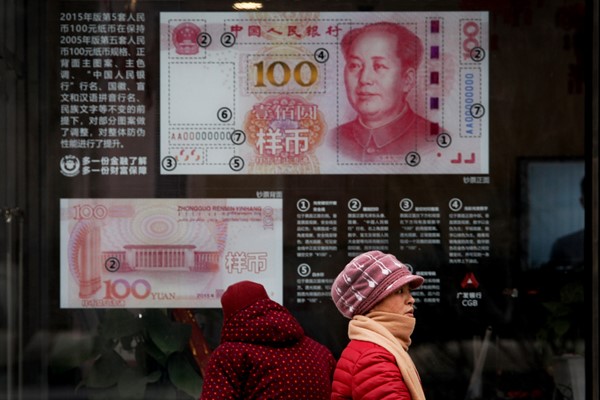Since last year, authorities in China have been conducting pilot programs for the country’s new digital currency. The project, which Beijing has been researching since 2014, is an example of what’s known as a central bank digital currency, which a number of other countries are experimenting with, but few of them are at as advanced a stage as China. A top official at China’s central bank recently expressed hope that the digital yuan would be ready for testing with foreign visitors and athletes during the 2022 Winter Olympics in Beijing.
Beijing’s progress on its digital currency has led some commentators to fret that it could erode the primacy of the U.S. dollar in the global financial system. Those concerns are exaggerated, says Yaya Fanusie, an adjunct senior fellow in the Energy, Economics and Security Program at the Center for a New American Security. But as he and his co-author, Emily Jin, explain in a recent report, that doesn’t mean the digital yuan isn’t worth keeping an eye on for other reasons. This week on Trend Lines, Fanusie joins WPR’s Elliot Waldman for a conversation about what China’s digital currency is—and what it’s not. Click here to read a partial transcript of the interview.
Listen:
Download: MP3
Relevant Articles on WPR:
Is Beijing About to Make an Example Out of Jack Ma?
China’s Road to ‘Cyber Superpower’ Status
Dollar Doomsayers Are Wrong—Again
What the U.S. Can Learn From China’s Economic Recovery
Trend Lines is edited by Peter Dörrie, a freelance journalist and analyst focusing on security and resource politics in Africa. You can follow him on Twitter at @peterdoerrie.
To send feedback or questions, email us at podcast@worldpoliticsreview.com.




